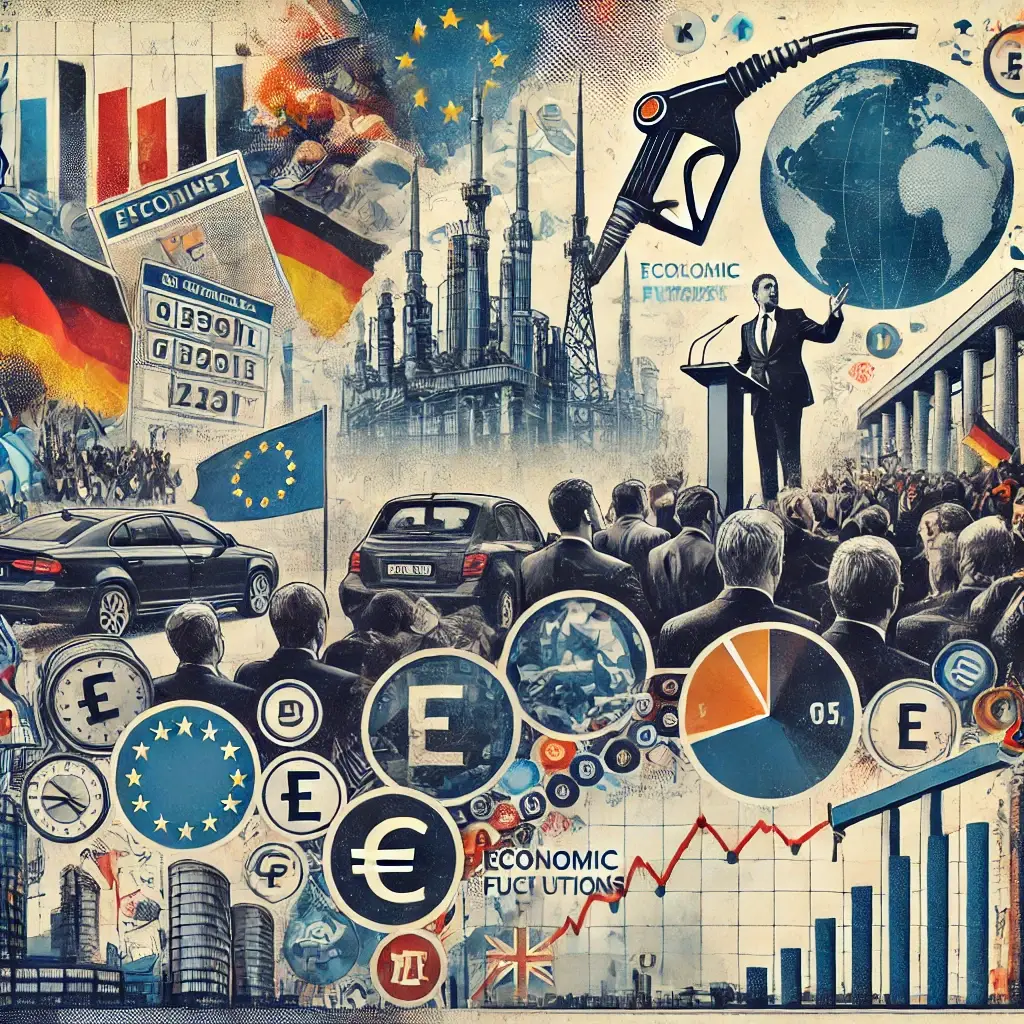Germany: Housing Benefit Increase and Digital Advances
In Germany, there’s good news for those receiving housing benefits. Starting January 1st, the “Wohngeld” will see a 115% increase, raising monthly payments from €370 to €400, totaling an extra €360 annually. This benefit is designed for families whose incomes are too low to make ends meet but who do not qualify for social assistance. Additionally, students not receiving BAföG and residents of nursing homes can apply for this support. In a separate move, Germany is advancing its digital transformation efforts by announcing that starting next year, passport photos will only be accepted in digital format. This marks a significant step towards streamlining bureaucratic processes.
International Relations: Tensions and Developments
In the realm of international relations, Germany’s liberal FDP party has sparked controversy by proposing the dissolution of the Ministry of Economic Cooperation and Development. This follows their previous suggestion to offer free parking in city centers and now to halt foreign aid during economic crises. Such proposals have been met with backlash from both coalition partners and opposition parties.
Moreover, the German government has approved the deployment of long-range missiles on its soil by the U.S. military, despite opposition from the left wing of the SPD and minor parties like Die Linke and AfD. This decision underscores ongoing tensions and the strategic importance of Germany in NATO’s defense strategy.
Europe’s Security Concerns: Surveillance and Cybersecurity
Germany is also grappling with new security measures. The Interior Ministry plans to grant police the authority to enter homes without consent and install spyware on computers and smartphones, but only in cases where a terrorist attack is suspected. This has raised concerns about privacy and civil liberties.
Meanwhile, in Austria, a scandal involving far-right political figures and intelligence connections has surfaced, while in France, a convicted murderer serving a life sentence has sparked debate by being allowed to leave prison to obtain a driver’s license. These incidents highlight the ongoing challenges Europe faces in balancing security and personal freedoms.
Economic Updates: A Mixed Bag for Europe
Economic news from Europe presents a mixed picture. While the Dutch economy grew by 1% in the first quarter of this year, Germany’s economy continues to shrink, heavily reliant on heavy industry. The Netherlands, despite its small size, outperforms many larger economies in agricultural exports, a testament to its innovative approach to farming.
In contrast, Switzerland’s banking sector is embracing modernization, with Zurich Cantonal Bank employees encouraged to dress more casually, and UBS removing the requirement for ties. These changes reflect a broader trend in the financial industry towards a more accessible and contemporary image.
Social Media and Legal Consequences
Social media users in the UK should take heed of a recent case where a woman was sentenced to 15 months in prison for posting a comment about blowing up a mosque. The judge emphasized the need for “keyboard warriors” to take responsibility for their harmful language online. This serves as a reminder of the legal risks associated with online speech.
Reflections from History: Lessons from Japan
On a lighter but poignant note, we remember the story of Hiroo Onoda, a Japanese soldier who continued fighting World War II for 29 years, believing the war had not ended. His story is a testament to the power of belief and the long shadows of history. Today, Japan is home to over 1.5 million Japanese descendants in Brazil, a legacy of migration and cultural exchange.

